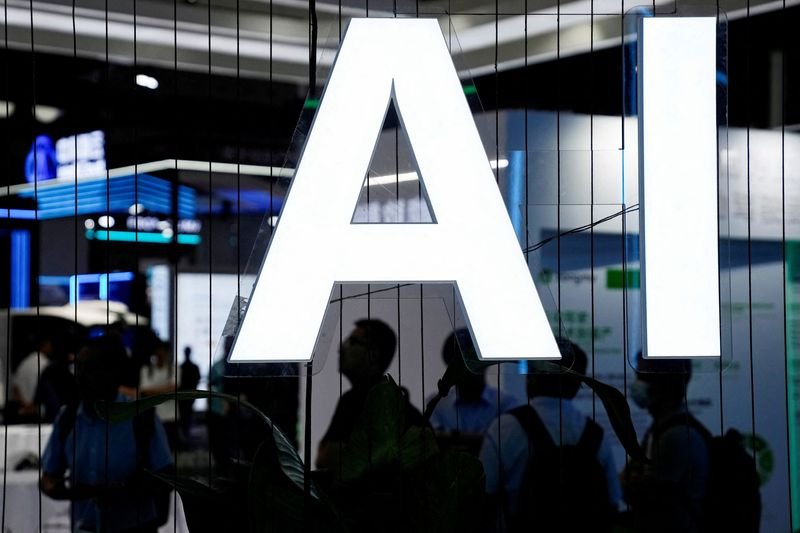Investing.com — The AI landscape in the United States could undergo significant changes under a potential second term for Donald Trump. According to analysts at Deutsche Bank, Trump’s close relationships with tech executives, criticism of regulation, and tough stance on China suggest a shift in approach towards AI policies.
Deutsche Bank highlights five key shifts expected under Trump’s leadership:
1) ‘Tech leaders are in the room where it happens:’ Trump’s connections with Silicon Valley giants like Elon Musk and venture capital leaders indicate a new willingness to consider industry perspectives. Musk, a major Trump supporter, could play a key role in shaping tech policy in a government department focused on efficiency. Trump’s VP pick, JD Vance, also has strong ties to the tech industry.
2) ‘Safety moves down the agenda:’ Trump is expected to prioritize the interests of “little tech” startups over strict safety measures on developers, in contrast to Biden’s approach. This could position the US as a favorable destination for tech companies, especially compared to the EU’s stringent AI regulations.
3) ‘Regulators become more AI tech-friendly:’ Trump’s administration may take a more hands-off approach to antitrust enforcement, potentially easing regulatory pressures on tech giants like Google. However, ongoing tech-related lawsuits are likely to continue.
4) ‘Domestic chipmakers get preference:’ Trump’s focus on domestic chip production could benefit US-based firms like Intel, with potential tariffs on Chinese imports to counter Taiwan’s dominance in advanced AI chipmaking.
5) ‘Security moves up the agenda:’ National security, especially in relation to China, remains a key aspect of Trump’s AI strategy. Export controls and measures to limit Chinese access to advanced AI technologies are expected to continue under his administration.
Trump’s emphasis on American leadership in AI underscores the importance of maintaining economic and national security in the US.

